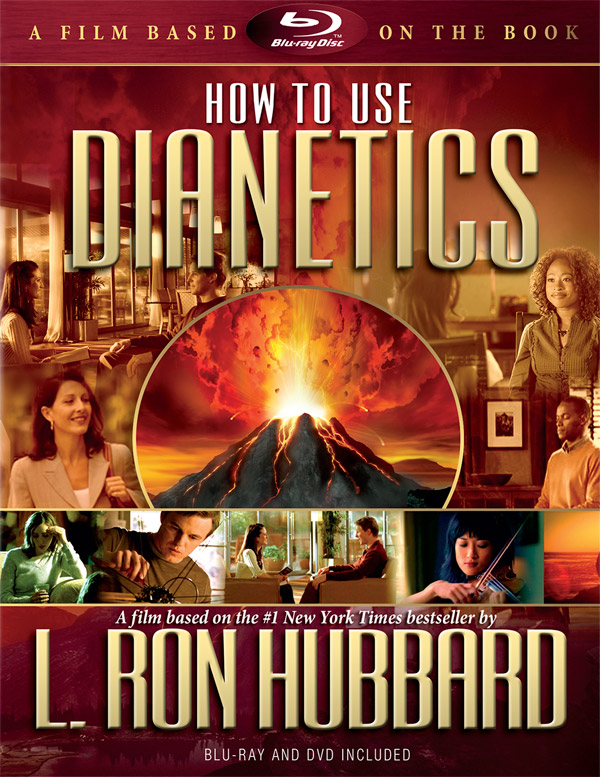6 Easy Facts About Dianetics Described
6 Easy Facts About Dianetics Described
Blog Article
Dianetics Can Be Fun For Anyone
Table of ContentsDianetics for DummiesExcitement About DianeticsThe Single Strategy To Use For DianeticsDianetics Can Be Fun For Anyone
I could not ever before not desire to get anything that enters your mind for you- if it was otherwise, I would not be resting below with you, doing this. I not only can never ever have an issue, or otherwise desire to hear something that enters your mind for you, yet I'm entirely excited to recognize every concept, every thought, every picture or sensation that emerges or manifests for you- do not ever assume or else, and if for one reason or another you do, please just allow me know! In some cases, you might have an idea, and picture, concept or event turn up that does not seem to respond to the inquiry, or associate with it, but nevertheless, constantly do inform me about it, and as we proceed, the relevance will certainly emerge for you.This is fundamental in the basis of processing, and the subject of this conversation: the basic roles of the counselor and the client: The basic duty of the counselor is, in contrast to "standard training", not to manage, which means to impose and/or prevent, but to instead function from the basis of EMPOWERING THE CUSTOMER.

A Biased View of Dianetics
John Mcmasters expressed this standard reality splendidly well in among his lectures on Power processing, wherein he discusses how he was asked what this "special knack" was that he had for giving such fantastic sessions; he needed to think of that for a moment, and detected that it was what he had not been doing, in addition to what he was doing: he had not been assessing, evaluating, computer, or in fact, generating any kind of ideas, let alone spoken expressions, after giving the command and while awaiting the PC to complete their answer to their contentment; he was, simply and just, existing with the PC, and totally interested.
The role of the counselor, demonstrated; that was his "special knack". I have actually had my very own experience which instructed me this well, very early in the video game. In 1982, having lately finished my training and teaching click site fellowship on New Period Dianetics, I was running this on a PC, and there was a point in the session where (being a little bit damp behind the ears not yet having lots of hours under my belt as a specialist auditor) the PC appeared to be "taking too long" to share anything vocally after I provided him a command.
This secret became one of the most valuable payment that John ever made to the topic of therapy or auditing (Dianetics). In my humble point of view, it is the biggest payment that anyone has ever made to these subjectsthe application is entirely non-judgemental, non-evaluative, and without any kind of pointer, recommendations or opinion.no preconditioned program for people, or 'degrees' that they should do
In Idenics, the only resource of information concerning a customer is the specific client. In Scientology we prided ourselves on not examining for individuals. All that actually indicated was that the auditor did not Vocally examine for the Computer in session. The registrars and values officers assessed for the computer.
The Best Guide To Dianetics

Any individual who had ever seen John audit could not help yet discover a distinct quality in his bookkeeping."The client's fundamental role is to be there with the purpose of relocating in the instructions of their spiritual goals, and to openly and fully this post share and experience whatever shows up for them in answering the inquiries and carrying out the instructions in the processing.
This is something to process as required. Also, people often have prior experience and/or indoctrination in auditing/processing which, in some means, and to some degrees, really misguides them into mindsets, ideas and behavior patterns that stop the complete realization of these roles, and so they will tend to inhibit the expressing of what comes to mind, as in the examples given over - Dianetics. * The initial, and probably leading instances of mis-indoctrination bring about much less than completely smooth and reliable sessions, can be discovered in particular elements of the training regimens, or "TR's":"TR's" are typically a person's initial, or at the very least early, experience in Scientology, and while I will certainly go on to clarify what I view as the problems in idea and technique, however, have a tendency to be significantly restorative, done as they are see this site offered (Hubbard insists that "TR's are not processing, they are educating", but factually, they are both processing AND training)
There is no "failing", and no denial of the reality of this being handling. The emphasis, as it needs to be, is on experiencing the other person's visibility.
The smart Trick of Dianetics That Nobody is Discussing

Report this page